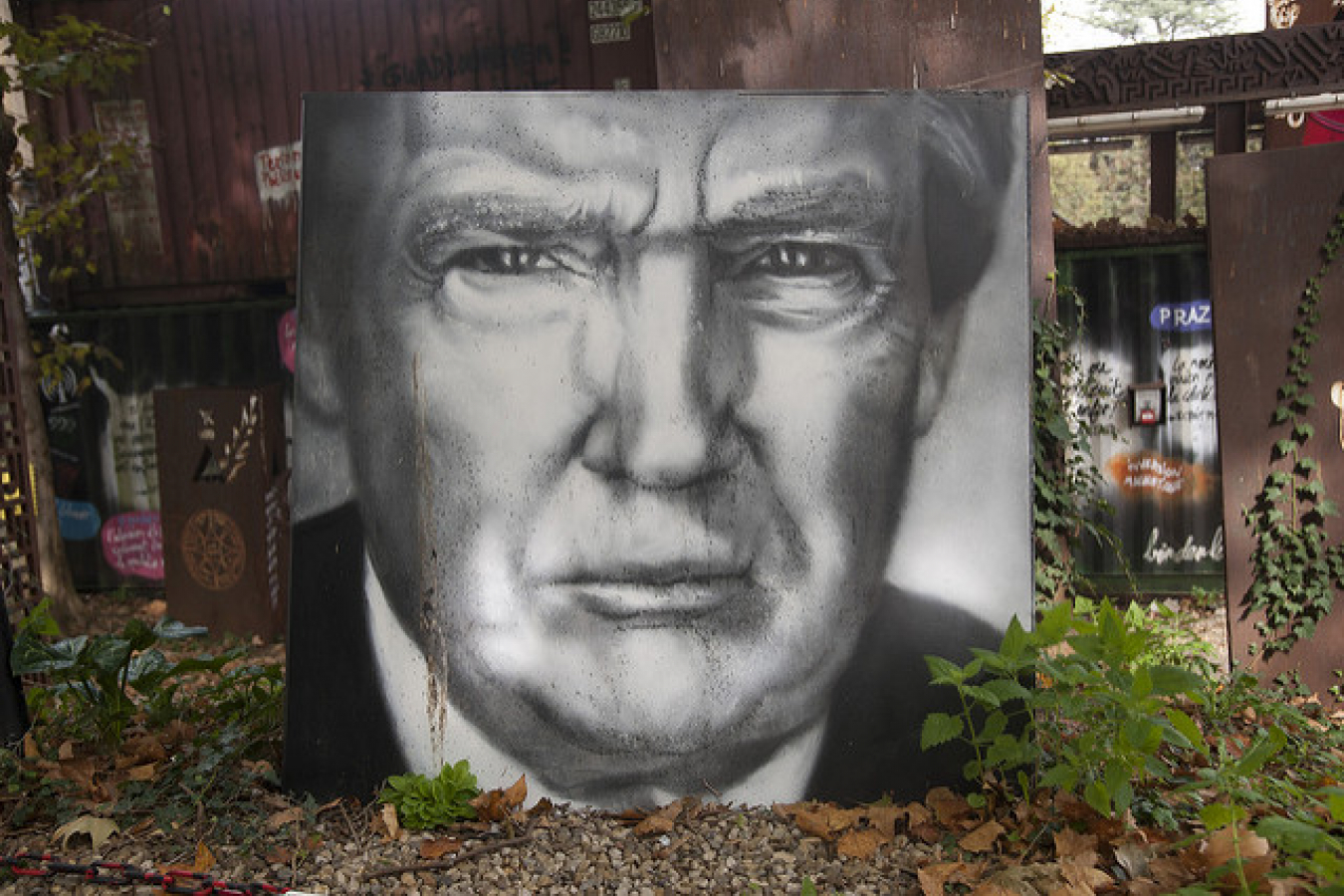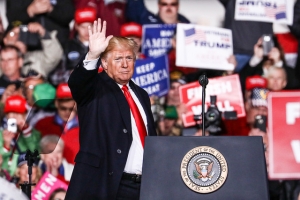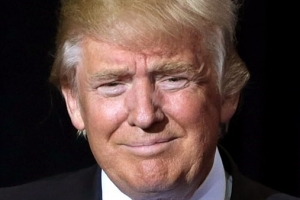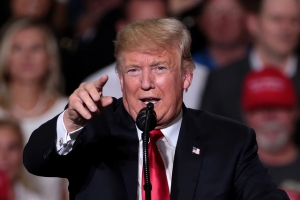Support migrant centric journalism today and donate

Shortly after Donald Trump signed the ‘Buy American, Hire American’ presidential executive order on April 18, 2018, United States Citizenship and Immigration Services (USCIS) began to increase the number of Requests for Evidence (RFEs) and denials for H1B visa petitions, according to new evidence released by the National Foundation for American Policy (NFAP). There is also a similar situation for L1 visa petitions including both L1A visa and L1B visa applications.
Sanwar Ali workpermit.com comment:
US visa difficulties are surely affecting economic growth and job creation in the United States. To be able to work in the US was in many cases already very difficult under President Obama. It is even more difficult under President Trump. Much of the time the only visa categories available are the L1 visa and possibly the H1B visa. In reality if you wish to employ someone new currently based outside the US on an H-1B visa the chances of success are low. In recent years, in most cases, the only time that you can apply for an H1B visa to employ someone is in the beginning of April each year to start work in October of the same year. There is a lottery for the available H1B visas available. The alternative E2 visa and E1 visa categories are only available for certain nationalities and are not available for Indian and Chinese nationals.
The evidence suggests that the impact on H1B visa petitions, reserved for highly-skilled, foreign-born professionals, was most hard-hitting in the fourth quarter of Fiscal Year (FY) 2017, which began on July 1, 2017.
NFAP’s data, obtained from USCIS, shows a substantial increase in H1B petition denials between the third and fourth quarter of FY 2017. According to NFAP’s evidence, 15.9% of H1B petitions were denied in the third quarter, compared to 22.4% in the fourth quarter, representing a massive 41% increase between the third and fourth quarters.
H1B visa and L1 visa Requests for Evidence (RFE) increase
Meanwhile, the number of RFEs in the fourth quarter of FY 2017 almost totalled the amount issued by USCIS adjudicators across the first three quarters combined. In quarter four, 63,184 RFEs were issued, compared with 63,599 across the first, second and third quarters. Petitioners failing to comply with USCIS RFEs will see their applications declined.
As a percentage of completed cases in the fourth quarter of FY 2017, the rate for RFEs totalled approximately 69%, compared with 23% in quarter three.
Obtaining a L1 visa and H1B visa becoming more and more difficult
NFAP’s evidence highlighted that adjudication trends continued into FY 2018. In the first quarter of FY 2018 the denial rate for L1B visa petitions, reserved for employees with specialised knowledge, increased to 30.5%. In the second quarter, the refusal rate for L1B petitions reached 29.2% for FY 2018.
Compared with FY 2016, the refusal rate for L1B visa petitions in FY 2018 has increased by 24%.
According to US immigration experts, the rise in RFEs and denial rates across the H1B and L1 visa programmes are ‘not surprising.’ One commentator said: “Once a number of key officials, most of whom are anti-immigration, we’re employed across Trump’s administration, what we’re seeing comes as no surprise.”
H1B and L1 visa adjudications tougher
As part of Trump’s ‘Buy American, Hire American’ executive order, H1B and L1 visa adjudications are becoming tougher in a bid to prevent highly skilled foreign nationals from working in the US.
The reality of tougher adjudications means that a foreign-born, highly skilled scientist or engineer potentially faces deportation from the US, if their H1B visa petition is declined. Meanwhile, another new policy enables adjudicators to refuse applications, without having to issue an RFE or give employers a chance to correct information on an application.
It’s understood that the USCIS will stop many spouses of H1B visa holders from working in the US, while denying international students the possibility to work on Optional Practical Training (OPT) after they complete their studies, even if they have degrees in science, technology engineering and math (STEM) fields.
Immigration experts argue that denying international students the chance to work on OPT, will make it difficult, and in some cases impossible, for them to get a H1B visa even after graduating from a US university. However, this has been a key goal for policymakers within the Trump administration.
H1B visa holders actually increase the wages of Americans
Research carried out by economists Giovanni Peri, Kevin Shih and Chad Sparber, found that H1B visa holders actually increase the wages of Americans. Their research paper states: “The entry of H1B visa holders actually increases the wages of Americans.”
“A one percentage point increase in the foreign STEM share of a city’s total employment increased the wage growth of native college-educated labor by about seven to eight percentage points and the wage growth of non-college-educated natives by three to four percentage points,” the paper added.
Workpermit.com can help with US employment-based visas
If you would like to apply for a US work visa – including L1 visas, E1 and E2 visas, B1 in lieu of H1B visas and H1B visas - WorkPermit.com can help.
WorkPermit.com is a specialist visa consultancy with thirty years of experience dealing with visa applications. We can help with a wide range of visa applications to your country of choice. Please feel free to contact us for further details.





















